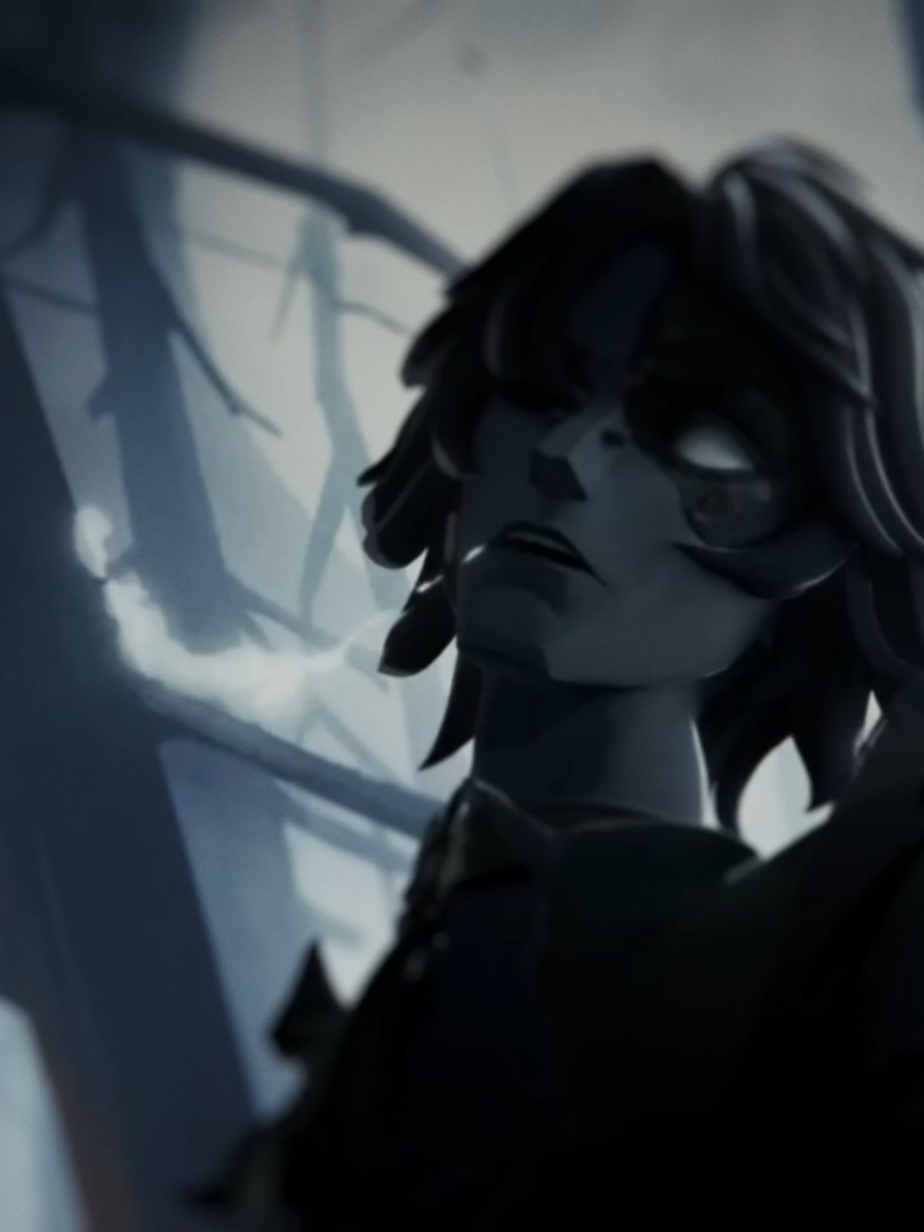🌿Đọc mỗi ngày một chút🌿
Region: VN
Saturday 11 October 2025 10:44:59 GMT
19465
317
10
92
Music
Download
Comments
21 ngày thực hành thói quen :
Mình thương nhưng giận, giận nhưng thương và mình lựa chọn buông tay để cả hai cùng trưởng thành. Buông tay ko phải hết thương mà buông tay để cả hai học cách tự đi tìm con đường hạnh phúc riêng của mình.
2025-10-11 14:36:22
1
Bình an :
xl vì đã bướng bỉnh,xl vì đã làm tổn thương người😥
2025-10-30 10:10:39
1
Ngọc Trinh Phạm :
giá như em cũng z
2025-11-01 10:24:27
0
canuc968 :
Đọc mà khóc
2025-10-19 12:07:23
1
My name is Arlo 🦖🦖🦖🦖 :
Nói sẽ k qtam sẽ k để ý nữa muốn làm j làm, nhưng sau đó lại đâu vào đó🥺🥺, bởi lỡ thương e mất rôi.
2025-10-21 15:43:49
0
Minh Nguyet :
Xin cap
2025-10-18 06:55:26
1
Đồng Hồ - Nước Hoa :
🥰
2025-10-31 12:28:29
1
Hoà Thắm :
@Thập cẩm không hành🧅
2025-10-30 16:36:53
1
Không bao giờ bỏ cuộc 💪 :
🥰🥰🥰
2025-10-18 11:06:39
0
To see more videos from user @docmoingaymotchut, please go to the Tikwm
homepage.









